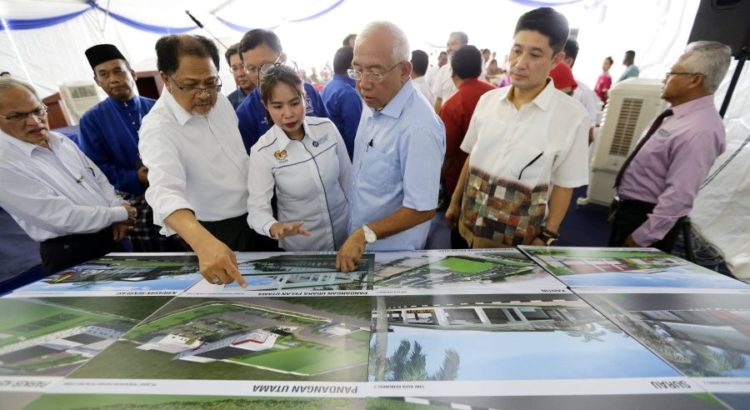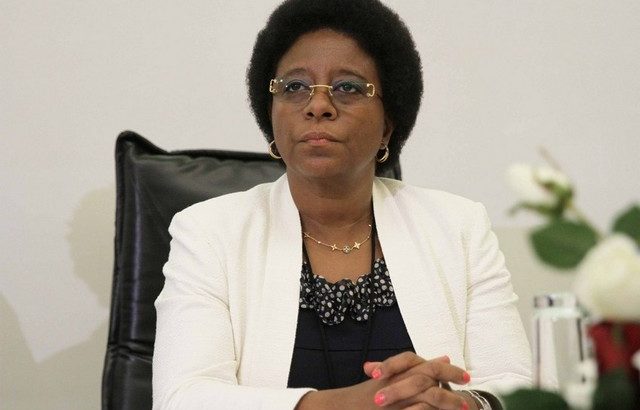Malaysia/ March 27, 2018/By THARANYA ARUMUGAM/Source: https://www.nst.com.my
Education Minister Datuk Seri Mahdzir Khalid today took a swipe at critics who condemned the Malaysian education system and policies.
He said Malaysia has a clear and extensive education roadmap that serves as guideline to the ministry, schools, teachers and students.
«We are on the right track towards achieving the National Transformation 2050 (TN50) vision in propelling Malaysia into the world’s top 20 nations.
«The government prioritises quality education, hence the reason we have various frameworks and policies such as the Malaysia Education Blueprint 2013-2025, National Education Policy and English Language Roadmap 2015-2025.
«While there are many critics here (in Malaysia) condemning our education system and policies, we continue to strive to ensure our children receive quality education on par with the global standards.
«These critics fail to realise that Malaysia is on the right pathway. We also ensure all strata of society obtain equal education, such as continuing vernacular school system in the country,» he said at the SMK Kota Kemuning 2 groundbreaking ceremony in Kota Kemuning today.
Mahdzir cited Singapore and Indonesia as examples, where he said Singapore abolished vernacular schools and only developed English-medium schools, while Indonesia chose Bahasa Indonesia as its official language.
«But Malaysia as a multinational country continue to allocate funds to build more vernacular schools, catering to the needs of the people. Prime Minister Datuk Seri Najib Razak has also assured that this initiative will continue as long as Barisan Nasional remains the ruling government.
«The government allocated about RM50 million each for Chinese, Tamil, religious and missionary schools.
«But this has angered certain quarters saying that we should abolish vernacular schools to move forward.
«We are only finding ways to inculcate a sense of oneness among students to ensure unity remains in the community when they grow up. (Not to abolish vernacular schools).
«There is no need to involve politics in the education system. I am confident the people of Selangor can see the government’s efforts for themselves and make the right choices.
«Water is a necessity. How can you say it is a developed state if the people still suffer from water crisis? They (critics) should first address this before commenting about the education system.»
It was reported that as of March 31, 2016, there were 2,058 national schools, 578 Chinese vernacular schools, and 360 Tamil vernacular schools in Malaysia.
Based on an operational cost analysis, these schools need RM67,130.65 per student every year compared to RM5,321.84 annually per student in other schools.
Source:
https://www.nst.com.my/news/government-public-policy/2018/03/348505/malaysia-has-clear-education-roadmap-track-achieve-tn50







 Users Today : 249
Users Today : 249 Total Users : 35459844
Total Users : 35459844 Views Today : 420
Views Today : 420 Total views : 3418392
Total views : 3418392